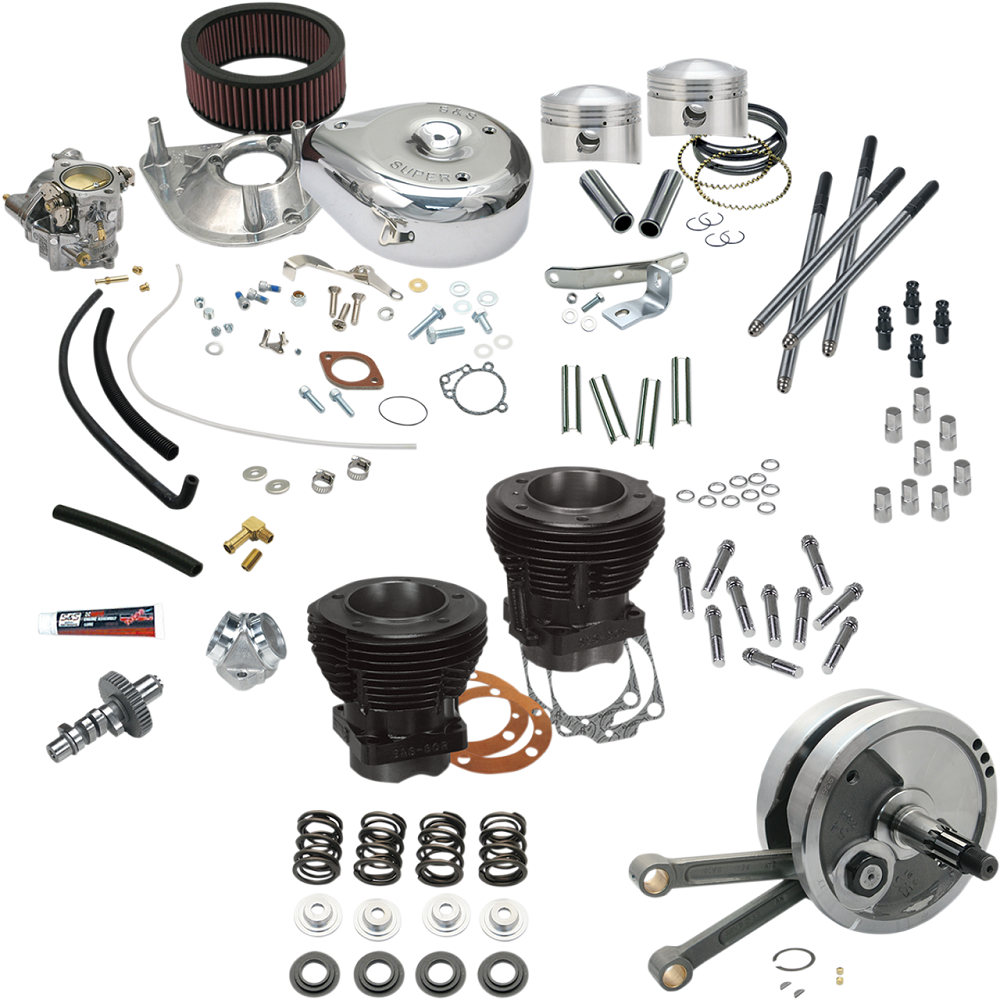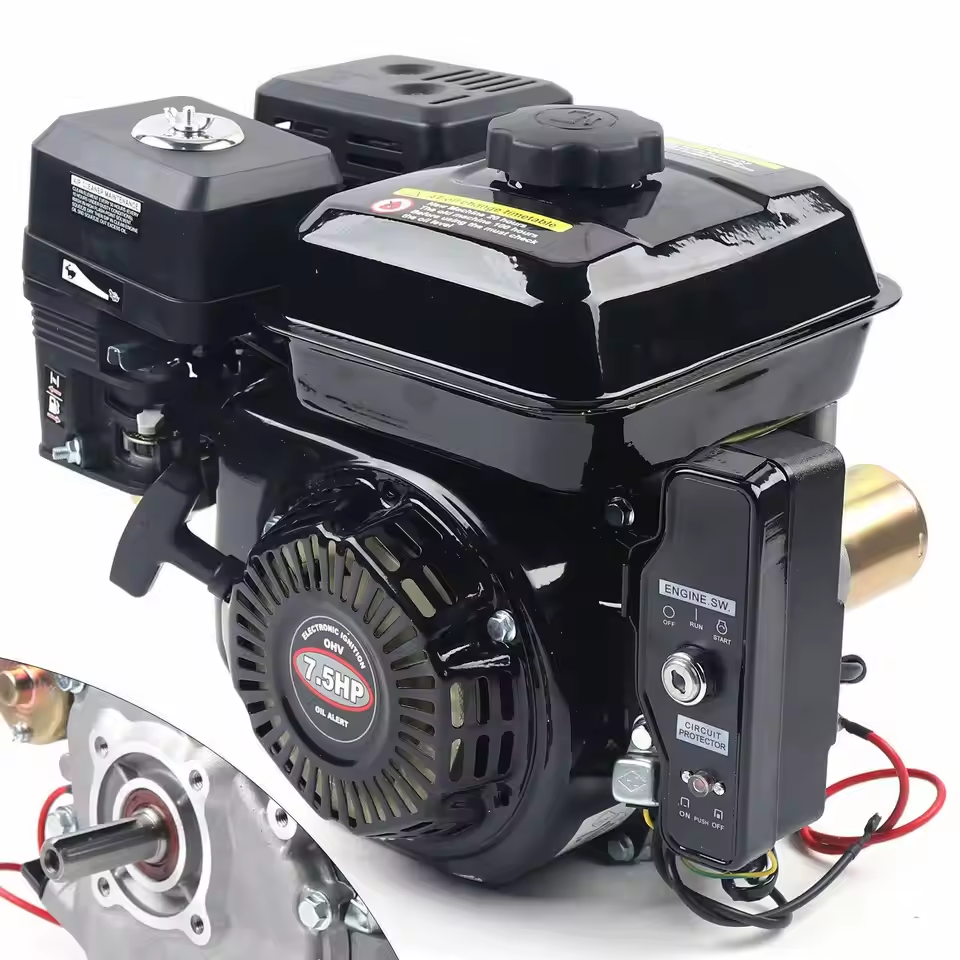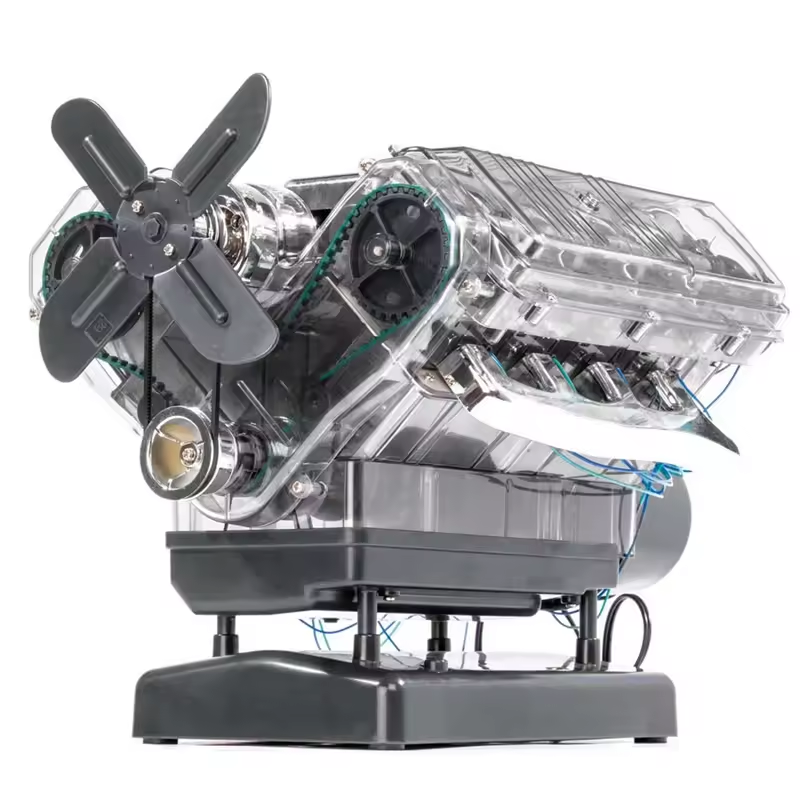When it comes to selecting a car, one of the most critical factors to consider is the car engines. The heart of any vehicle, the engine determines not only the performance and efficiency of the car but also its reliability and overall enjoyment. With various engine types and specifications available, making the right choice can be daunting. This article aims to help consumers understand the different types of car engines, their advantages and disadvantages, and how to choose the best engine to meet your specific vehicle needs.
Understanding Engine Types
Internal Combustion Engines
The most common type of engine found in cars today is the internal combustion engine (ICE). These engines rely on the combustion of fuel—typically gasoline or diesel—to generate power. Within the category of internal combustion engines, there are two primary types: gasoline and diesel engines. Gasoline engines are known for their responsiveness and smooth operation, making them ideal for everyday driving. Diesel engines, on the other hand, are known for their fuel efficiency and torque, making them more suitable for heavy-duty applications and long-distance driving due to their ability to generate more power at lower car engines speeds.
Alternative Fuel Engines
With the rise of environmental consciousness, alternative fuel engines have gained popularity. These options range from hybrid vehicles that combine a traditional internal combustion engine with an electric motor, to plug-in hybrids, and fully electric vehicles (EVs). Hybrid engines use regenerative braking and power management to enhance fuel efficiency, while fully electric engines run entirely on batteries, producing zero tailpipe emissions. If you are concerned about your carbon footprint, exploring these alternative fuel options might be the right path for you.
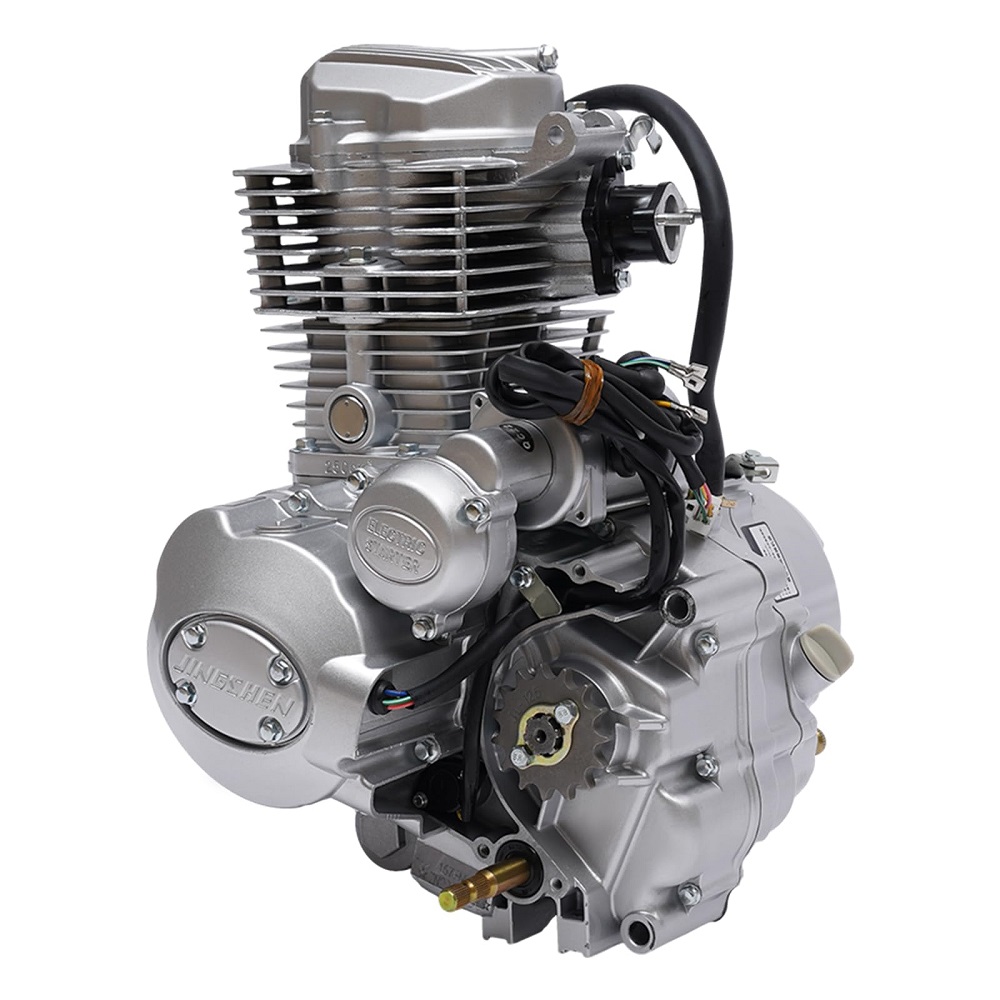
Evaluating Power and Performance
Horsepower and Torque
Before selecting an engine, it’s essential to understand how power and performance are measured, which can often be illustrated using a car engine parts diagram. Horsepower refers to the engine’s ability to perform work over time, while torque represents the engine’s rotational force. For most drivers, a well-balanced combination of both horsepower and torque is desired. A vehicle with higher horsepower may offer better acceleration, appealing to those seeking performance, while higher torque is beneficial for towing or carrying heavy loads. Depending on your driving style and needs, evaluate these specifications to find the right balance for your vehicle.
Fuel Efficiency
Fuel efficiency is another critical factor when choosing an engine. It is typically measured in miles per gallon (MPG) and provides an indication of how far your car will travel per gallon of fuel. Internal combustion engines have varied fuel economy ratings based on their design and technology, while hybrid and electric engines often outperform traditional engines in this category. High fuel efficiency not only saves money on fuel costs but also reduces the frequency of trips to the gas station, making it an essential consideration for daily drivers.
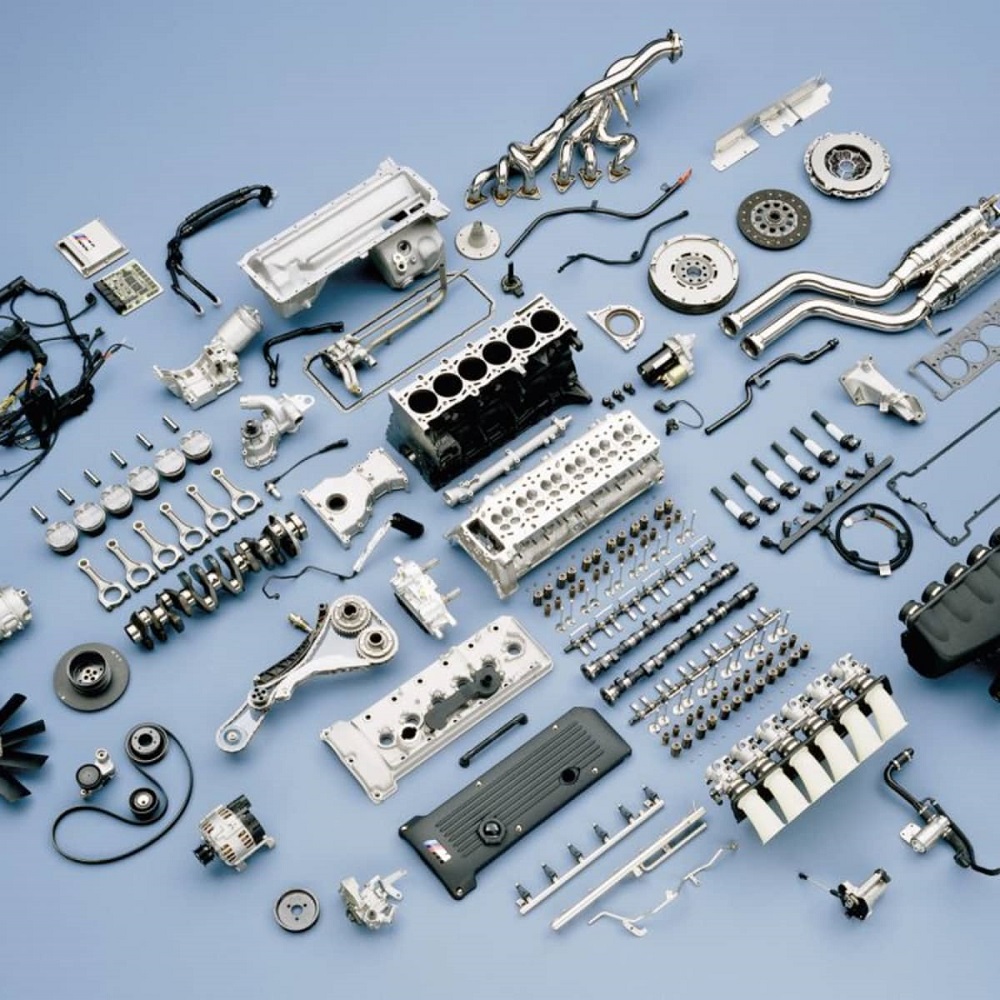
Considering Vehicle Size and Purpose
Match the Engine to Your Vehicle Type
Not all engines are created equal, and it’s crucial to match the engine type to the vehicle size and purpose. Smaller cars such as compact sedans and hatchbacks typically perform well with smaller engines, offering a balance of adequate power and fuel economy. Larger vehicles, like SUVs and trucks, may require more powerful engines to handle their size and towing capacities. Understanding your vehicle type and its intended use will guide you in selecting an engine that provides optimal performance and efficiency.
Typical Usage Scenarios
How you plan to use your vehicle plays a significant role in the engine choice. For example, individuals who enjoy off-roading or towing may benefit from a robust V6 or V8 engine that offers high torque and power. Conversely, city commuters may prioritize fuel efficiency and opt for a smaller, efficient four-cylinder engine. Those who frequently travel long distances might lean towards diesel engines for their exceptional fuel economy. Consider your typical usage scenarios to narrow down your engine preferences.
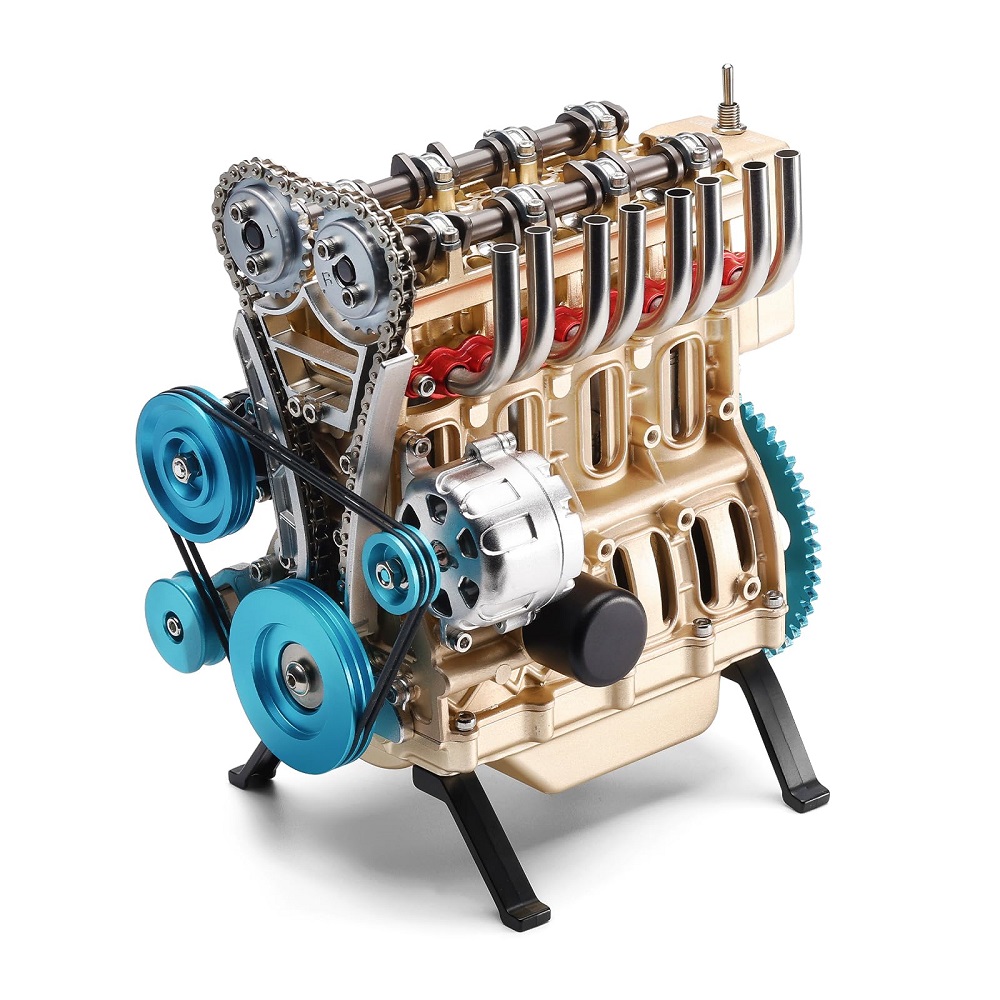
Engine Reliability and Maintenance
Dependability Matters
Reliability is a cornerstone of any vehicle purchase. A dependable engine not only contributes to peace of mind but also impacts the vehicle’s resale value. Generally, engines from well-established and reputable manufacturers tend to boast better reliability standards. Researching reviews, consumer reports, and manufacturer warranties can provide insight into the reliability of specific engines. Engaging with online forums or speaking to current vehicle owners can also help gauge the reliability of the car engines you are considering.
Maintenance Requirements
Different engines have varying maintenance needs, and it’s essential to factor this into your decision. Internal combustion engines generally require regular oil changes, filter replacements, and inspections to maintain optimal performance. Diesel engines, while typically more durable, may necessitate additional care in terms of fuel filters, glow plugs, and oil specifications. Electric engines drastically reduce maintenance by eliminating the need for oil changes and using fewer moving parts, but they do require battery management and potential replacement over time. Understanding these maintenance requirements will help you make an informed decision about the engine that fits your lifestyle.
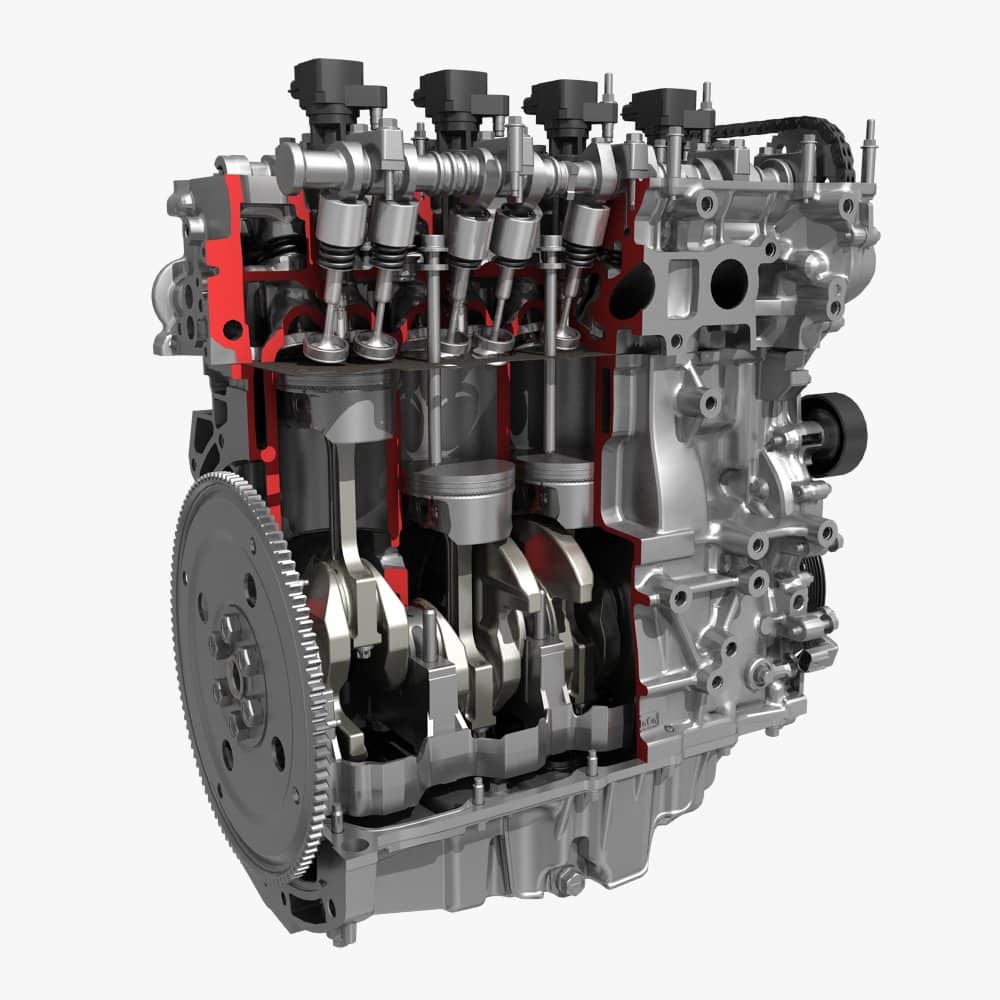
Cost Considerations
Initial Purchase Price
When choosing an engine, the initial purchase price is an important consideration. The cost can vary significantly depending on factors such as the engine’s size, type, and technology. While electric or hybrid engines often have a higher upfront cost than their internal combustion counterparts, government incentives or tax rebates for environmentally friendly cars can offset some of these expenses. Be sure to weigh the initial investment against potential savings on fuel and maintenance over time.
Long-Term Costs
Beyond the purchase price, evaluating long-term costs is crucial for making a sound financial decision. Fuel and maintenance costs play critical roles in the total cost of ownership. While diesel engines may have higher upfront costs, their fuel efficiency could lead to savings in the long term. Alternatively, electric engines may reduce fuel expenses significantly, but potential battery replacement costs should also be considered. Analyzing both short-term and long-term costs will enable you to choose an engine that fits your financial goals.
Understanding Environmental Impact
Emissions and Regulations
In an era marked by significant environmental concerns, assessing the emissions produced by various engine types is fundamental. Internal combustion engines typically emit carbon dioxide, nitrogen oxides, and other pollutants, which contribute to climate change and air quality issues. Electric engines, conversely, produce zero tailpipe emissions, making them an attractive choice for environmentally-conscious consumers. Awareness of state emissions regulations and potential penalties for non-compliance may also affect your choice of engine.
Eco-Friendly Alternatives
The growing demand for eco-friendly alternatives has led to innovations in engine design and automotive technology. Manufacturers are increasingly investing in hybrid and fully electric vehicles, improving range and efficiency. Plug-in hybrids offer the flexibility of using both gasoline and electric power, appealing to consumers seeking a balance between traditional fuel and electric efficiency. Researching various eco-friendly alternatives can help you make an informed decision that aligns with your values while meeting your transportation needs.
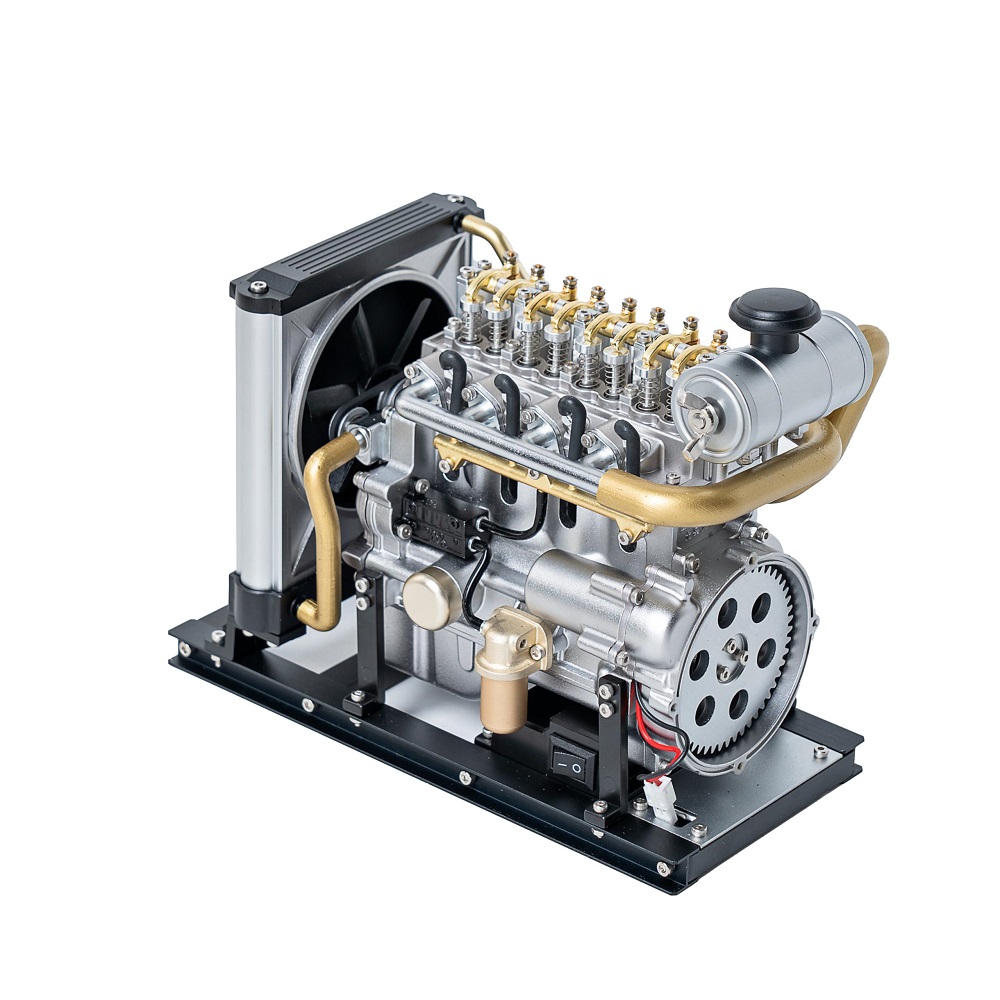
Test Driving and Personal Experience
Understanding the Importance of Test Drives
When it comes to selecting an engine for your vehicle, nothing beats the experience of a test drive. Test driving allows you to assess how the engine performs under varying conditions, including acceleration, handling, and noise levels. Pay attention to how the engine responds during turns, braking, and starting, as these factors contribute significantly to driving enjoyment. Engaging with a vehicle firsthand provides insights that specifications alone may not reveal.
Seeking Reviews and Recommendations
In addition to personal experience, seeking advice from friends, family, and online communities can provide valuable perspectives on different engine options. User reviews and recommendations can offer insights into the performance and reliability of specific engines in real-world situations. Websites with automotive discussion forums often contain reviews from actual owners that can guide you in making a sound decision.
Future Trends in Engine Technology
Innovations in Automotive Engineering
As the automotive industry continues to evolve, so too does engine technology. Manufacturers are investing heavily in research and development. Their goal is to create car engines that are more efficient, powerful, and environmentally friendly. Innovations such as turbocharging and direct fuel injection are key to these advancements. Turbocharging forces more air into the combustion chamber, leading to better fuel combustion. Meanwhile, direct injection sprays fuel directly into the cylinder for precise fuel management. These technologies allow smaller engines to produce power levels comparable to larger engines while improving fuel efficiency. As a result, manufacturers can meet the increasing demands for performance without sacrificing efficiency. This makes modern vehicles more versatile and appealing to consumers.
The Role of Artificial Intelligence and Automation
Looking toward the future, artificial intelligence (AI) and automation will play increasingly significant roles in engine design and vehicle performance. AI can analyze vast amounts of data to optimize engine performance based on driving patterns, resulting in tailored fuel efficiency and power delivery. Automated systems will enable greater monitoring of engine health, allowing for predictive maintenance that can prevent costly repairs and downtime. Additionally, the development of autonomous vehicles will necessitate innovations in engine technology to support the diverse driving conditions of fully automated environments. As these trends emerge, consumers can expect a new era of automotive powertrains that prioritize efficiency, sustainability, and exciting driving experiences.
Conclusion
Choosing the right car engines for your vehicle is a critical decision that requires careful consideration of various factors, including engine type, performance specifications, intended vehicle use, reliability, costs, and environmental impact. Understanding your unique needs and lifestyle will go a long way in guiding you towards the best choice. Whether you favor the efficiency of a small gasoline engine, the power of a diesel, or the sustainability of an electric vehicle, the right car engine can greatly enhance your driving experience. Knowledge and insight allow you to navigate the complexities of engine selection. This helps you choose an engine that aligns perfectly with your desires and requirements. Ultimately, an informed choice ensures that you enjoy a fulfilling driving experience. It also maximizes the overall potential of your vehicle.
